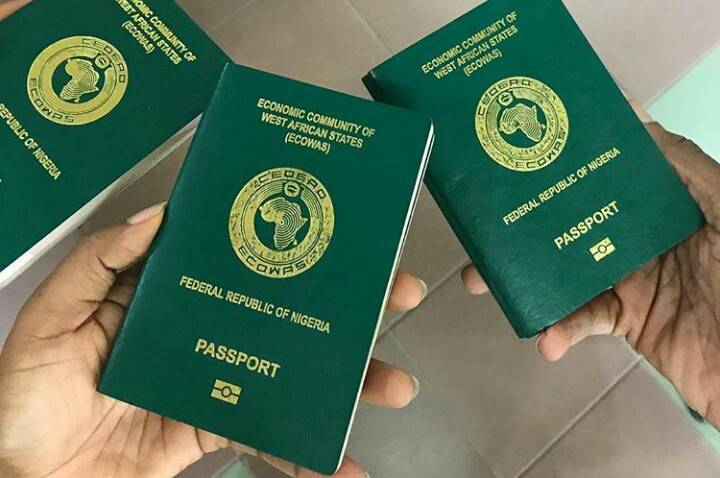A trio of Asian passports offer their holders greater global travel freedom than those of any other countries, according to a new quarterly report released by London-based global citizenship and residence advisory firm Henley & Partners. Japanese citizens enjoy visa-free or visa-on-demand access to a record 193 destinations around the world, just ahead of Singapore and South Korea whose citizens can freely visit 192. And now that Asia-Pacific is opening up post-Covid, its citizens are more likely to be making use of that travel freedom again.
Global travel is now at around 75% of pre-pandemic levels, according to the latest release by Henley Passport Index, which is based on data from the International Air Transport Association (IATA). Below the Asian top three, a glut of European countries sits near the top of the leaderboard. Germany and Spain are tied on 190 destinations, followed by Finland, Italy, and Luxembourg on 189. Then there's Austria, Denmark, Netherlands, and Sweden all tied in fifth place, while France, Ireland, Portugal, and the United Kingdom are at No. 6. New Zealand and the United States make an appearance at No. 7, alongside Belgium, Norway, Switzerland, and the Czech Republic.
Afghan nationals sit at the bottom of the index once again and can access just 27 countries without requiring a visa in advance.
Other indexes
Henley & Partner's list is one of several indexes created by financial firms to rank global passports according to the access they provide to their citizens. The Henley Passport Index ranks 199 passports according to the number of destinations their holders can access without a prior visa. It's updated in real-time throughout the year, as and when visa policy changes come into effect. Arton Capital's Passport Index takes into consideration the passports of 193 United Nations member countries and six territories -- ROC Taiwan, Macau (SAR China), Hong Kong (SAR China), Kosovo, Palestinian Territory, and the Vatican. Territories annexed to other countries are excluded. It's also updated in real-time throughout the year, but its data is gathered by close monitoring of individual governments' portals. It's a tool "for people who travel, to provide accurate, simple-to-access information for their travel needs," Arton Capital's founder Armand Arton told CNN in December. Arton's Global Passport Power Rank 2023 puts the United Arab Emirates in the top spot, with a visa-free/visa-on-arrival score of 181. The second place, that's held by 11 countries, most of which are in Europe: Germany, Sweden, Finland, Luxembourg, Spain, France, Italy, Netherlands, Austria, Switzerland, and South Korea. The United States and the UK are at No.3, alongside Denmark, Belgium, Portugal, Norway, Poland, Ireland, and New Zealand.
The best passports to hold in 2023, according to the Henley Passport Index
1. Japan (193 destinations)
2. Singapore, South Korea (192 destinations)
3. Germany, Spain (190 destinations)
4. Finland, Italy, Luxembourg (189 destinations)
5. Austria, Denmark, Netherlands, Sweden (188 destinations)
6. France, Ireland, Portugal, United Kingdom (187 destinations)
7. Belgium, New Zealand, Norway, Switzerland, United States, Czech Republic (186 destinations)
8. Australia, Canada, Greece, Malta (185 destinations)
9. Hungary, Poland (184 destinations)
10. Lithuania, Slovakia (183 destinations)
The worst passports to hold in 2023, according to the Henley Passport Index
Several countries around the world have visa-free or visa-on-arrival access to 40 or fewer countries. These include:
102. North Korea (40 destinations)
103. Nepal, Palestinian territory (38 destinations)
104. Somalia (35 destinations)
105. Yemen (34 destinations)
106. Pakistan (32 destinations)
107. Syria (30 destinations)
108. Iraq (29 destinations)
109. Afghanistan (27 destinations)




